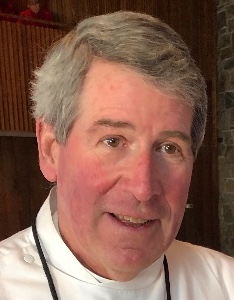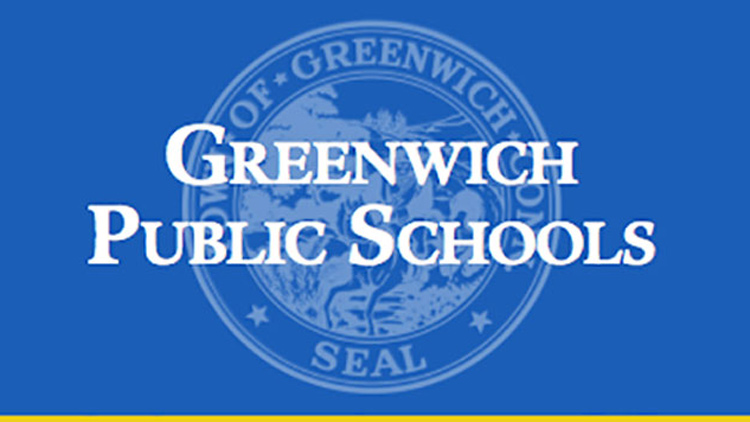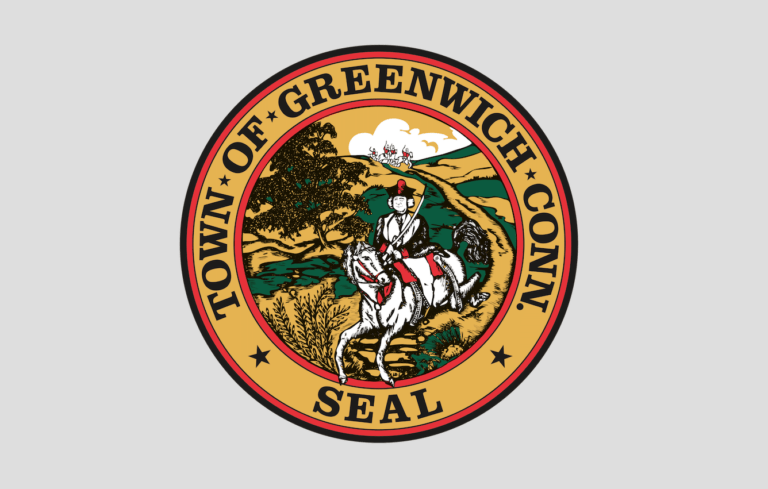
By Ted Pardoe
Christians around the world began our holy season of Lent on Ash Wednesday. A forty-day journey toward holy week and Easter Sunday. In my particular strand of Christendom, The Episcopal Church, we hear the following invitation on Ash Wednesday in our liturgy for that holy day. “…in the name of the Church, to the observance of a holy Lent., by self-examination and repentance; by prayer, fasting and self-denial; and by reading and meditating on God’s holy Word.”
People do all sorts of things with the fasting and self-denial possibilities. Many folks try out some self-examination and prayer. I really dig the reading and meditating on God’s holy Word. I had a little head start this year as I had reconnected with the remarkable story in Genesis of Hagar and Sarah (and Abraham and Isaac and Ishmael) during Epiphany, the season that precedes Lent. Quick check in about those characters in the Torah (which too many Christians still call the Old Testament).
Abraham is the first patriarch and progenitor of the Hebrew people. Sarah is his wife who, late in life, bore him a son, Isaac. Before Sarah became pregnant with Isaac, she sent her handmaiden, Hagar the Egyptian, to Abraham to bear him a child, Ishmael. Got it?
Ishmael, as a descendant of Abraham, received God’s promise to be a chosen people. Just as Isaac did for the Hebrew people. Due to a bit of ill will between Sarah and Hagar, Abraham had to send Hagar and Ishmael away. Away was to Arabia where the prophet Muhammad received the Word of God and Islam emerged in the seventh century. Thus, Ishmael figures as a precursor into the three Abrahamic religious traditions, Judaism, Christianity and Islam.
As I came to my sense of call to ordained ministry in the mid-aughts, I did so by way of a distinct set of interfaith experiences. With the Interfaith Center of New York (ICNY) I engaged with a Hindu temple in Queens, a Muslim mosque in Chelsea, a Sikh gurdwara in New Jersey and BJ – B’Nai Jeshurun a 200 plus year old Jewish community on the Upper West Side. I am thankful to say that the ICNY continues its excellent work to this day and they were most helpful when I moderated a panel about American Muslims here in Greenwich at Town Hall in January 2020. Muslims are not so visible here in Greenwich. We had African American and Arab American women on the panel as well as a Muslim from Queens.
So back to Genesis and the story at hand in this season of Lent, Hagar and Ishmael. I happened upon a book by Wilda C. Gafney titled “Womanist Midrash – A Reintroduction to the Women of the Torah and the Throne.” The author, a Black woman with one foot in the academy and the other one in the church also happens to be an ordained Episcopal priest. Womanism is simply black feminism. Midrash and rabbinic readings “discern value in texts, words, and letters, as potential revelatory spaces” is how Gafney describes it. Midrashim is just the plural of midrash.
In order to follow through on the story of Hagar and Ishmael found in Genesis and the related midrashim, Gafney turned to hadiths which are writings by Muslims about the words, actions and other matters related to the Holy Qur’an. They are held in great esteem in Islamic civilization and rank only second to the Qur’an which Muslims hold to be the word of God revealed to his messenger Muhammad. The hadiths explored by Gafney and others tell stories about Abraham’s further visits with Hagar and Ishmael after they leave the scene in Genesis.
A point made by Gafney and present in some of the other writings about Hagar emphasize that in all actuality she was a slave. Handmaiden is too much of a euphemism. Hagar was a black slave of great faith. In light of the conversations that we are having now about racism in our town and across the country, perhaps we may learn from Hagar’s story. How an enslaved person’s great faith and blessings from God carried her through challenging times and from whom we might also learn how our faith may show us the way forward.
May we all seek to appreciate the many ways that we are bound together as humans in our diverse world. Fare forward on your journeys and look for the opportunity to learn with people who are on different paths.



